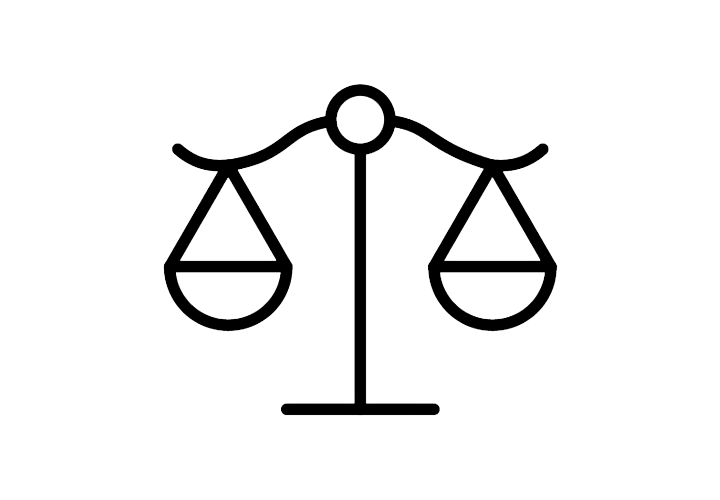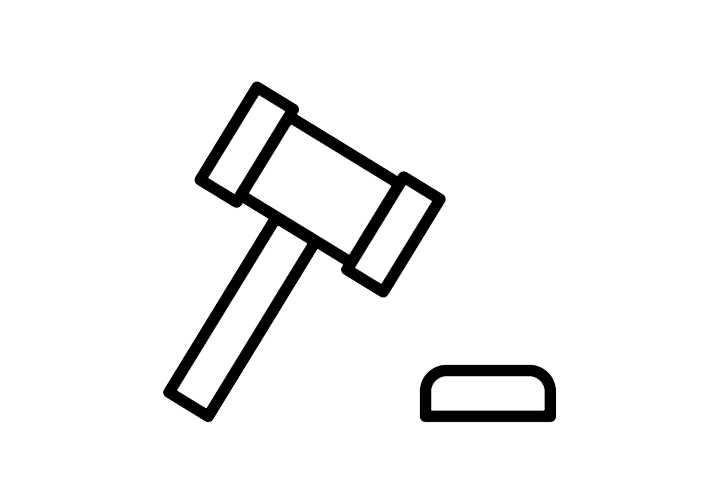Arbitration

MEDIATION

ARBITRATION

BINDING THIRD PARTY RULING

EXPERT REPORT

RAPID CONFLICT RESOLUTION

CONFILICT PREVENTION
Arbitrage
In arbitration, the parties agree to submit a dispute to arbitrators: the decision of these arbitrators is binding. Arbitration is a form of justice recognized and guaranteed by law. Private arbitrators arrive at a ruling according to a formal legal procedure with all associated legal documents.
The same force of law
In principle, an arbitration ruling has the same force of law as a ‘normal’ ruling. The ruling can be filed with the court registry if the parties so agree. If the arbitration ruling is not implemented, the court in interim relief proceedings may be asked to grant leave to enforce implementation. Such leave will only be refused if the arbitration ruling is evidently contrary to public order or morality. Once leave has been obtained, a bailiff may be engaged who can, for example, seize the property of the other party in order to enforce implementation of the ruling.
Internationally recognized
Arbitration is an internationally recognized form of settling disputes. Many countries have signed the United Nations Convention on the Recognition and Enforcement of Foreign Arbitral Awards.
The main advantage of arbitration is that the arbitrators, unlike judges, are specialized; in the case of SGOA, they are specialized in disputes in the IT and security sector. Arbitration boards are always multidisciplinary: they consist of top-class lawyers with experience of procedural law and IT, privacy and security conflicts, and experts with a track record in information technology, privacy and security.
Speed
SGOA’s arbitration proceedings are fast. Our lead times are relatively short so that total completion times remain limited. In principle the parties choose the arbitration board. The sessions of that arbitration board then take place in the Netherlands or abroad, to be decided on in consultation between the parties and the arbitration board. In urgent cases, arbitration can be arranged in a matter of days in summary arbitration proceedings. This will be done, for example, if a temporary measure needs to be taken in an IT project that must continue despite the dispute.
Arbitration is appropriate
- The parties are seeking compliance with or cancellation of the contract.
- The parties are seeking reasonable compensation.
- The parties are largely able to provide supporting evidence for their arguments in the form of agreements, correspondence, notices of default and suchlike.
- The parties require a ruling.
- Settlement of the dispute requires specific and technical knowledge of the sector and its business practices.
- The parties do not have the time or patience to wait for court proceedings on the merits of the case.
- The parties wish to be able to resolve their dispute confidentially.
Court proceedings are preferred
- The parties want to be able to lodge an appeal: with arbitration this is only possible if agreed in advance.
- The parties want a public ruling from the regular courts, for example for the purpose of setting a precedent.
- There are undisputed monetary claims.
Instituting arbitration
Arbitration is an alternative to court proceedings. You can find the rules for instituting and conducting arbitration in SGOA’s Arbitration Rules. The arbitrators at SGOA will record their binding decisions in one or more arbitration rulings.
If you are unable to wait for the case to be dealt with in standard arbitration proceedings, you can choose for summary arbitration proceedings.
Do you have an IT conflict?
and are you looking for mediation?
Please do not hesitate in contacting us.
We will be in touch soon.